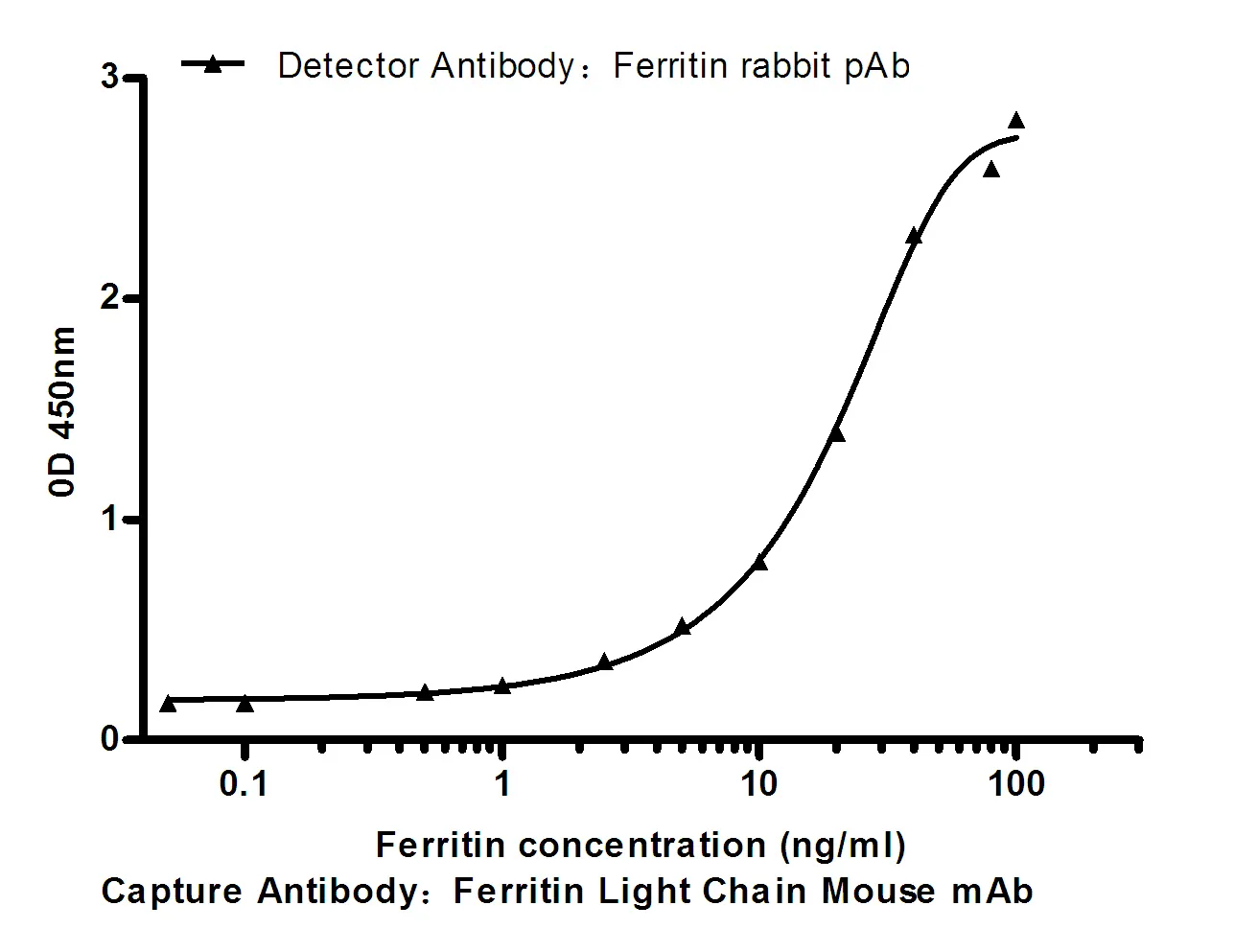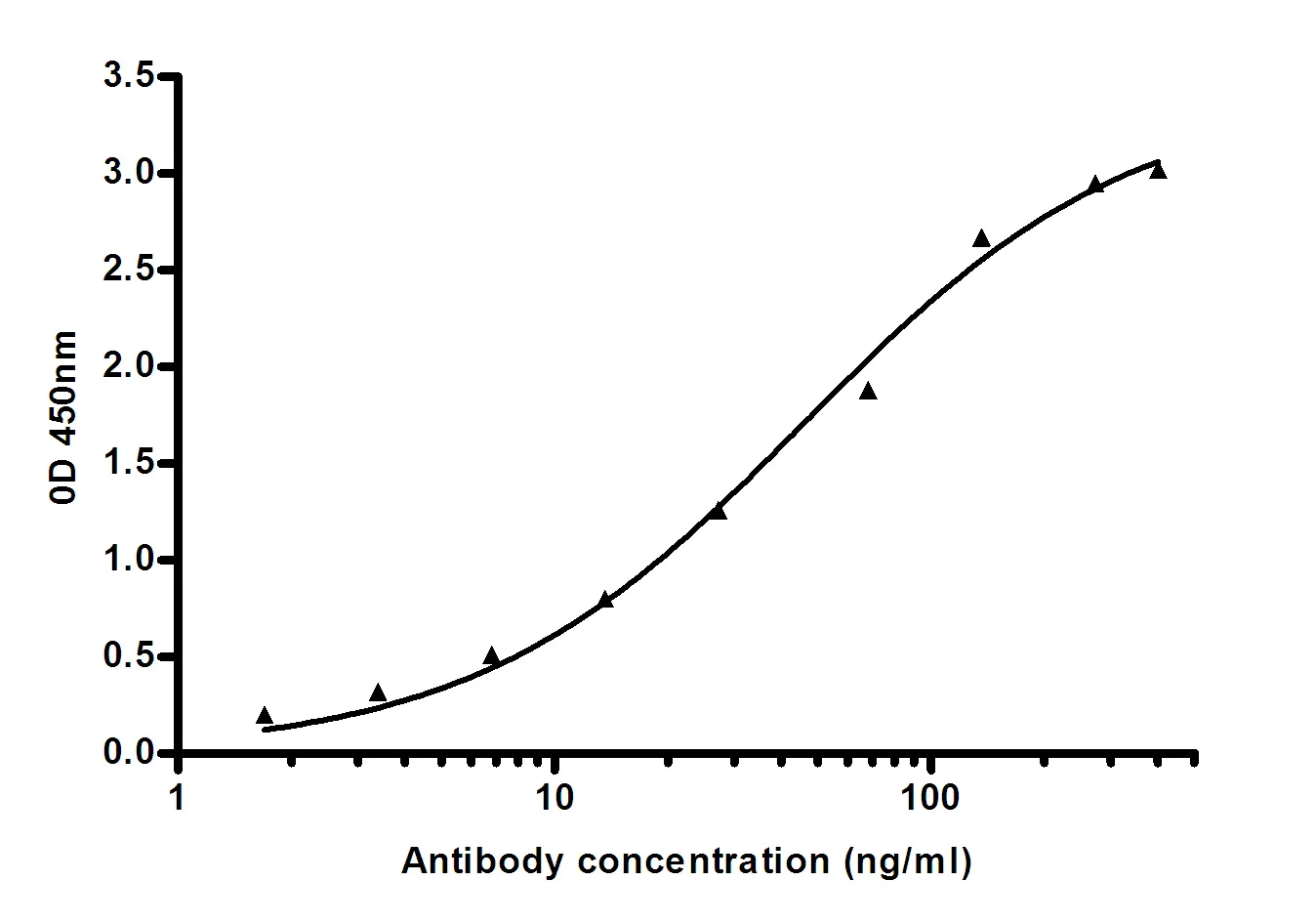Summary
Performance
Immunogen
Application
Background
breast cancer anti-estrogen resistance 3(BCAR3) Homo sapiens Breast tumors are initially dependent on estrogens for growth and progression and can be inhibited by anti-estrogens such as tamoxifen. However, breast cancers progress to become anti-estrogen resistant. Breast cancer anti-estrogen resistance gene 3 was identified in the search for genes involved in the development of estrogen resistance. The gene encodes a component of intracellular signal transduction that causes estrogen-independent proliferation in human breast cancer cells. The protein contains a putative src homology 2 (SH2) domain, a hall mark of cellular tyrosine kinase signaling molecules, and is partly homologous to the cell division cycle protein CDC48. Multiple transcript variants encoding different isoforms have been found for this gene. [provided by RefSeq, May 2012],function:May act as an adapter protein and couple activated growth factor receptors to a signaling pathway that regulates the proliferation in breast cancer cells. When overexpressed, it confers anti-estrogen resistance in breast cancer cell lines. May also be regulated by cellular adhesion to extracellular matrix proteins.,PTM:Phosphorylated on tyrosine.,similarity:Contains 1 Ras-GEF domain.,similarity:Contains 1 SH2 domain.,subunit:Interacts with BCAR1, NEDD9, PTK2 and PTPN1.,tissue specificity:Ubiquitously expressed. Found in several cancer cell lines, but not in nonmalignant breast tissue.,
Research Area



